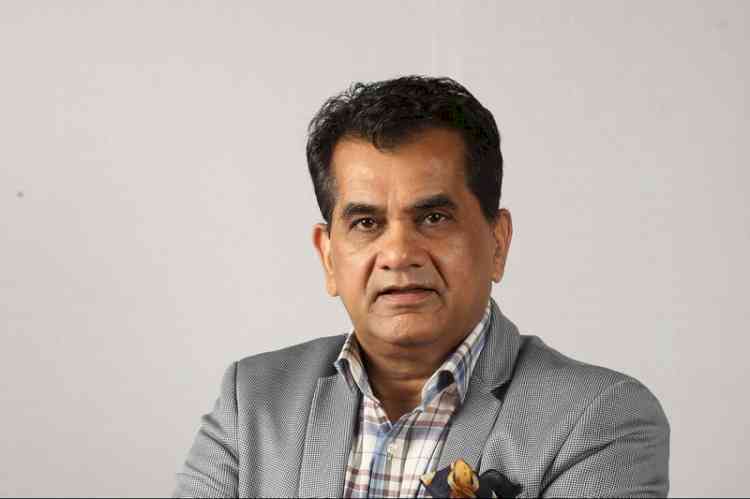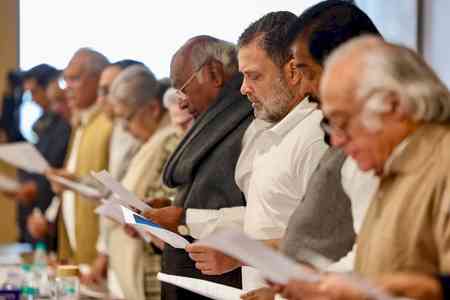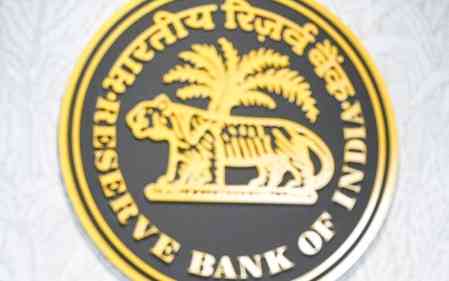Guide To the Digital Facilities Available in India

Since it launched the 'Digital India' campaign in 2015, the government's goal has been to make India a nation where education, information, healthcare, and governance services are available to all its citizens. Since the beginning of the initiative, the government has made significant strides in achieving its goal, becoming the second most rapidly adopting country in terms of integrating digital services into everyday life.
The increasing adoption of digital technology has benefited many industries, including the healthcare industry, which was severely limited by a dearth of technical infrastructure in the past.
The Benefits of Digitisation During the Covid-19 Pandemic
The lack of a solid digital ecosystem was the cause of various problems in the healthcare industry, including loss of patient data, inaccurate diagnosis, and waste of time and money. This disparity was made even more apparent due to the global covid-19 pandemic, which brought forth several issues that needed to be fixed. Due to the government's effort towards digitisation, the spread of information about the covid-19 pandemic and, subsequently, the vaccination process were carried out without a hitch and with the help of cowin app download.
Due to the digital facilities available in India, people could register for the covid vaccine online hassle-free. In just a few simple steps through the cowin vaccinator app login, people could register and book their preferred time slots to take the vaccine. This made executing the vaccination drive seamless and made
India is one of the countries to have achieved the most vaccinations in a concise time. With the help of digitisation, the vaccinated beneficiaries can also download and store the vaccination certificate and keep it as proof of vaccination which may be required during times of travel, public events, mall visits etc.
What Is the Abha Initiative?
Another way digitisation has helped the healthcare industry is through the Abha initiative. In an effort to address the problem of not having medical records standardised and stored properly, the Government of India has introduced a digital health card called the Ayushman Bharat health account or ABHA card. The goal of the Abha card is to provide a more standardised system for the storage of patient records and patient history. This card, much like an Aadhar card, is capable of storing all your medical information and enables medical practitioners to access that information by utilising a specific identifying number.
The Abha card is a unique health ID card which has various benefits listed as follows:
- Being able to access your own medical records at any time.
- Sharing and storing your medical history all in one place and with ease.
- Access to the healthcare professional registry, which contains details of all the doctors in the country.
There are two ways to apply for an Abha health card; through the aadhar card or through a driving license, and this card can be accessed through the official website of the Government of India, through their official mobile app or via third party applications like Digi locker.
The National Digital Health Mission: Aims, Components & Benefits
To make healthcare more accessible to people across the country, the government has launched the national digital health mission, which the prime minister launched on 15th August 2020. This mission aims to:
- Establish and improve the digital healthcare system, which handles crucial patient data
- Creates international-grade health records of individuals
- Help exchange records easily among patients, health care professionals and service providers.
The components of the national digital health mission are as follows:
- A unique digital health ID and integrated personal health record
- A national electronics facilities registry
- Digital health analytical platform
- Tele - medicine, which aims to deliver and prescribe medication through the phone
- E-Pharma and digi doctor.
The benefits of the national digital health mission are many, as there is no longer any need to visit a doctor multiple time. While checking out treatments from different healthcare providers, a patient will no longer have to carry physical files and can just use their ABHA card and be able to access their health records with a few clicks.
With the help of an app or website, these services will be extended to the patients. Digital health care will be available within a broad spectrum across the country. The national digital health mission is a groundbreaking digital effort and is widely regarded to be India's first significant step towards achieving the goal of universal health coverage.


 City Air News
City Air News 









